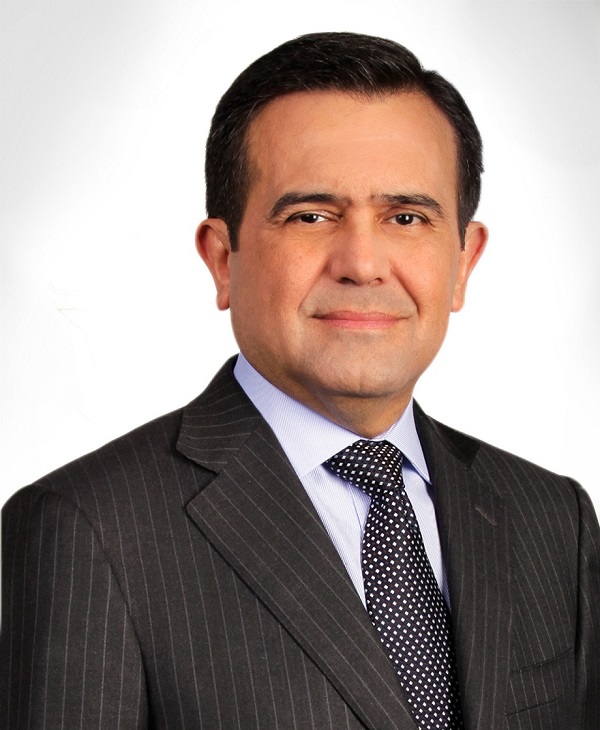The digital economy in the age of disruption

On 21-23 June, Mexico hosted the OECD Ministerial Meeting on the Digital Economy. The first ministerial of its kind on this subject (then called “electronic commerce”) was held in Canada in 1998, and the second one in Korea in 2008; hence Mexico is the third country to have this distinction and the first Latin American country to organise and lead this undertaking. For Mexico, this represents an important responsibility, and an opportunity to show the world the huge transformation that our telecommunications sector has gone through in the last two years.
As the use of information and communications technology (ICT) is favourable for productivity across a large number of strategic industries in any economy, we have chosen “Innovation, Growth and Social Prosperity” as this year’s theme, three goals that can hardly be achieved without the impetus of digital technology. Under this axis, we have defined four key areas of discussion to promote the advancement of the digital economy: (1) Internet Openness and Innovation; (2) Trust in the Digital Economy; (3) Building Global Connectivity; and (4) Jobs and Skills in the Digital economy.
Take the first topic, Internet openness and innovation. It is essential that the participating governments focus on keeping the Internet free and accessible, so that all individuals can use it to exchange information, build and link networks, without restriction or permission from authorities, as it has been to the present day. These data flows are important to trade, innovation, entrepreneurship, growth and social prosperity. Promoting the open, distributed and interconnected nature of the Internet and encouraging multi-stakeholder co-operation will be key to keeping us on the right path.
Regarding trust in the digital economy, we have come a long way: 18 years ago at the ministerial meeting in Canada, one of the main objectives was to promote the use of electronic commerce; today, in leading countries, for instance in the US, 90% of Internet users undertake online banking transactions and 80% carry out purchases online. Despite this breakthrough, in some regions, distrust of electronic transactions prevails, so we must develop the mechanisms to ensure the security of users’ data.
Higher connectivity has been achieved in the last decade, allowing us to move from the era of “Internet People”, to the digital era of the “Internet of Things”, where the number of connected devices exceeds the number of connected people. And the trend will continue: it is estimated that by 2022 there will be 14 billion connected household devices in OECD member countries. This implies significant technological advances, but also policy challenges to facilitate the development of these technologies and at the same time, help strengthen the privacy of its users.
The Digital Economy and the Internet of Things are revolutionising not only the way we consume, but also the way we work, altering labour market needs. According to the OECD, 65% of today’s children will have jobs that have not yet been invented. This means that knowledge and skills required to enter the labour market will be very different from those provided by the current educational model. Therefore, the fourth area in which we must work, is to create new approaches to education and more flexible training and competencies, so as to allow the integration of students within highly technological environments.
The current period of rapid technological progress is leading us into a new era of disruption, where the way we interact, consume and work, is constantly being transformed by new technologies. This means that the results we achieve in these four key areas will be the foundation that will allow us to move forward.
In the era of disruption, governments along with all stakeholders, need to work together to design strategies and promote comprehensive efforts to facilitate the transition, for our economies and especially for human capital, towards knowledge-based, innovative, growth. The celebration in our country of the OECD Ministerial Meeting on the Digital Economy is an important step in that direction for Mexico. We will concentrate all of our efforts, so that the Cancun Ministerial Declaration can become a work agenda which, through collaboration, will promote growth and prosperity for all.
Visit www.gob.mx/se/
Read the Cancún Ministerial Declaration on the Digital Economy at: http://oe.cd/Digital-Economy-Cancun-Declaration-2016
